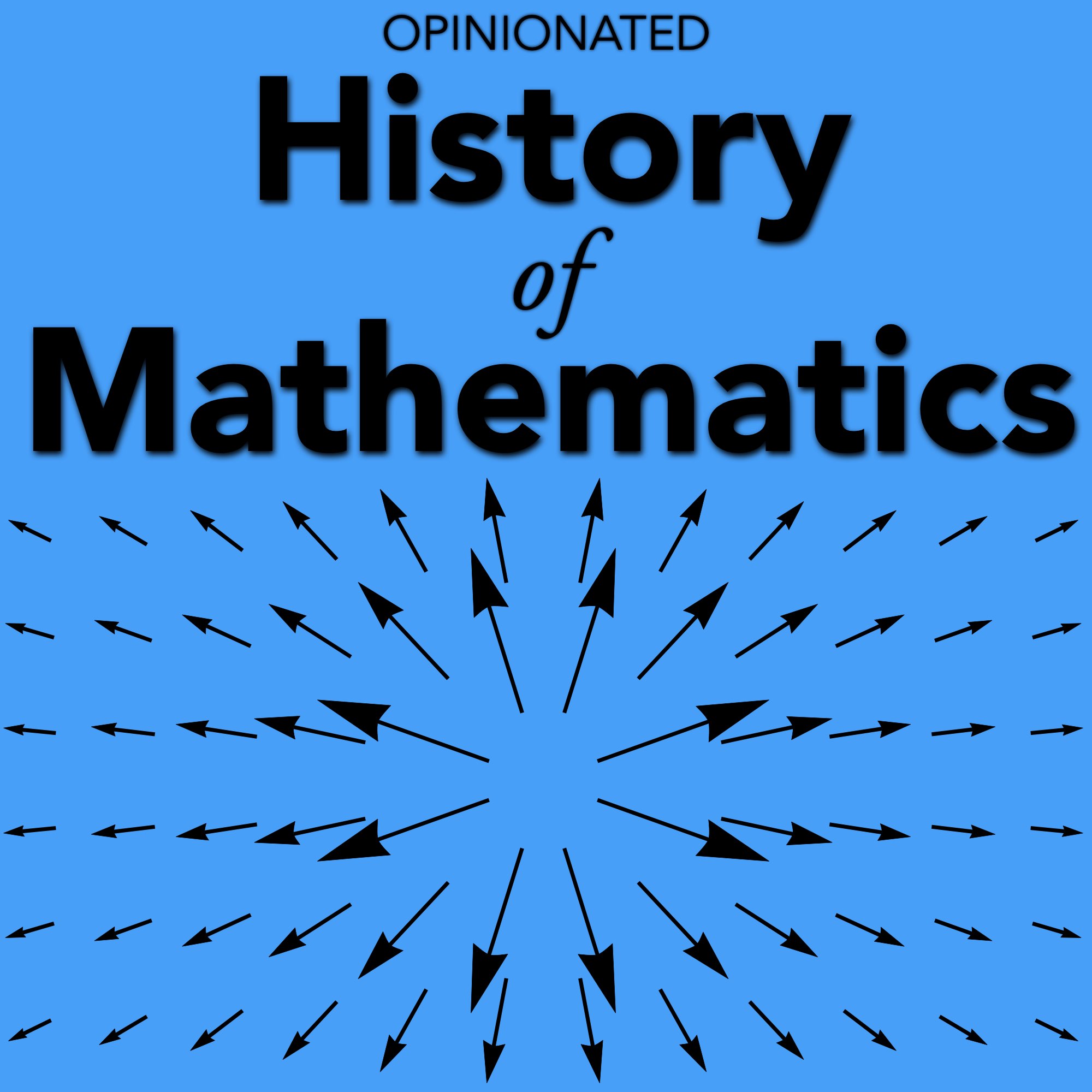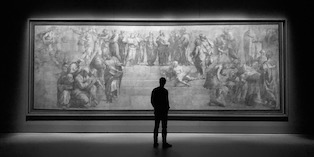Podcast Profile: Opinionated History of Mathematics
 Site • RSS • Apple Podcasts
Site • RSS • Apple Podcasts40 episodes
2018 to 2025
Median: 35 minutes
Collection: Physics, Math, and Astronomy

 Site • RSS • Apple Podcasts
Site • RSS • Apple PodcastsDescription (podcaster-provided):
Cracking tales of historical mathematics and its interplay with science, philosophy, and culture. Revisionist history galore. Contrarian takes on received wisdom. Implications for teaching. Informed by current scholarship. By Dr Viktor Blåsjö.Themes and summary (AI-generated based on podcaster-provided show and episode descriptions):
➤ History of mathematics and geometry • Euclid, Greek proofs, diagrams, axioms, constructions • Philosophy: Kant, rationalism/empiricism, innate space, non-Euclidean geometry • Astronomy/physics: Archimedes, Copernicus, Islamic influences, Galileo revisionism • Historiography, pedagogyThis podcast explores the history of mathematics with an emphasis on how mathematical ideas have been shaped by, and in turn have influenced, philosophy, science, and wider culture. A recurring theme is a revisionist approach to familiar historical narratives: it scrutinizes celebrated anecdotes and standard “origin stories,” asks what the surviving sources can and cannot support, and highlights how later storytelling, disciplinary bias, and selective preservation of texts can distort our picture of the past.
Much of the content focuses on Greek mathematics and the Euclidean tradition, treating geometry not just as a body of results but as a practice: the role of constructions, diagrams, definitions, axioms, and deductive structure; the possibility of “reading” proofs as reductions; and the ways oral pedagogy may have shaped mathematical writing. The podcast also connects foundational issues to broader philosophical debates, including rationalism versus empiricism, the justification of axioms, and questions about whether spatial concepts or geometrical “grammar” could be innate. Developments such as non-Euclidean geometry are used to examine changing views of the relationship between mathematics and physical reality.
In early modern science, the podcast considers how mathematical methods interacted with astronomy and physics, including claims about borrowing and transmission between cultures. It also challenges heroic portrayals of major figures by re-evaluating priority claims, scientific arguments, and the historiography surrounding them, often contrasting mathematical standards of reasoning with more rhetorical or philosophical accounts. Throughout, there is attention to implications for how mathematics is taught and popularly explained, including critiques of common “counterintuitive” tropes and simplistic lessons drawn from famous results.